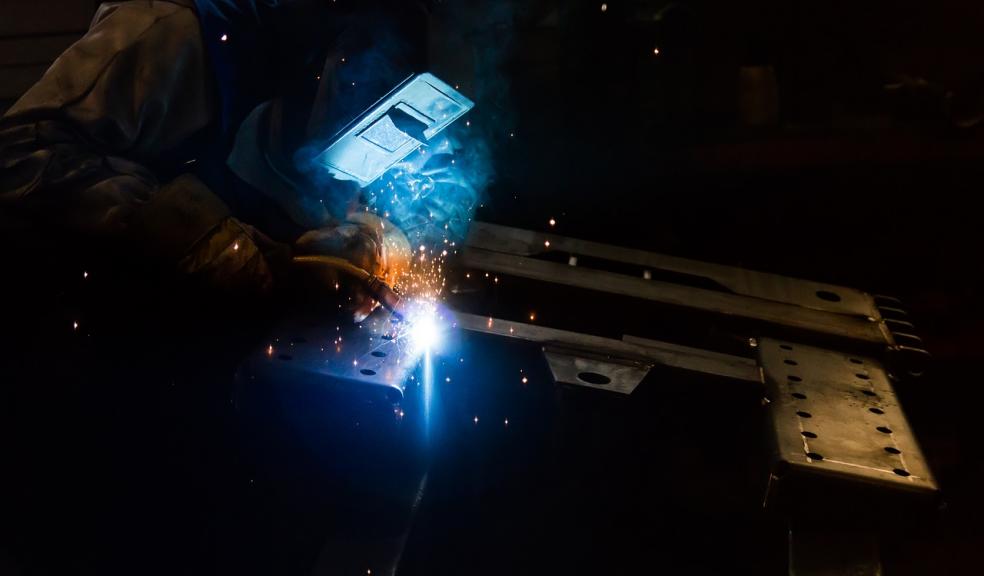
Optimal Machine Handling & Safety Measures in a Factory Setting Should Be More Strictly Observed
As machine and equipment related accidents continue to be quite common and widespread at factories and warehouses in the UK, it raises questions regarding whether or not stricter measures are required to better protect both workers and properties against damage. Taking a look at the scenario right now and observing some of the possible measures to counter the current abundance of accidents and fires in factories and warehouses will perhaps give us a better understanding of what steps to take, and how to proceed towards a safer industrial future.
Robotic Warehouses are Not as Safe as Thought Before
The recent incident where the five-storied Ocado Group Plc warehouse was burned down to just a steaming heap of metal, plastic and glass, stands as a warning against trusting robotic warehouses as being completely safe without proper human supervision. The warehouse was primarily operated by 600 robots and due to their inability to react to hazardous scenarios in time, the 45-million-pound automated warehouse in Andover is now just a scrapyard. This isn’t an isolated incident as similar fires in automated warehouses have been seen before.
Better Training is Necessary for Employees to Safely Handle Hot Work
Hot works permit training is still not mandatory in a lot of factories in the UK and that has often proven to be the reason behind fire damage that resulted in both human casualties and extensive damage to property. Every employer and employee should view the course details on CE Safety to learn more about how the hot works permit training course prepares workers that work directly with open flame machines such as blowlamps, bitumen boilers, gas and electric cutters/welders, etc. It is also a course designed to better educate safety officers and supervisors, so that they can guide the workers under them towards safer machine handling to prevent workplace fires. Given that the hot works permit training from CE Safety takes only seven hours to complete, it should become mandatory for everyone in a factory setting to complete, especially given the number of fire related industrial accidents in the country lately.
Continuous, Updated Training to Handle New Machinery Should be Made Essential
Be it small or large machinery, if there is a new product that has been introduced into the workplace, no one should be allowed to use it without adequate operator training beforehand. Experience often counts for nothing if the worker is not acquainted with the new equipment and the changes that have been made to it. As new machinery and revolutionary technology keeps getting integrated into the industry all the time, the training of employees should be continuous and updated to stay in sync with the changes.
Although the legal requirements for safety are not lacking in the UK, perhaps a stricter approach towards implementing the penalties and consequences of neglect is required to create a safer work environment for those that work closely with potentially dangerous machines and other equipment.











